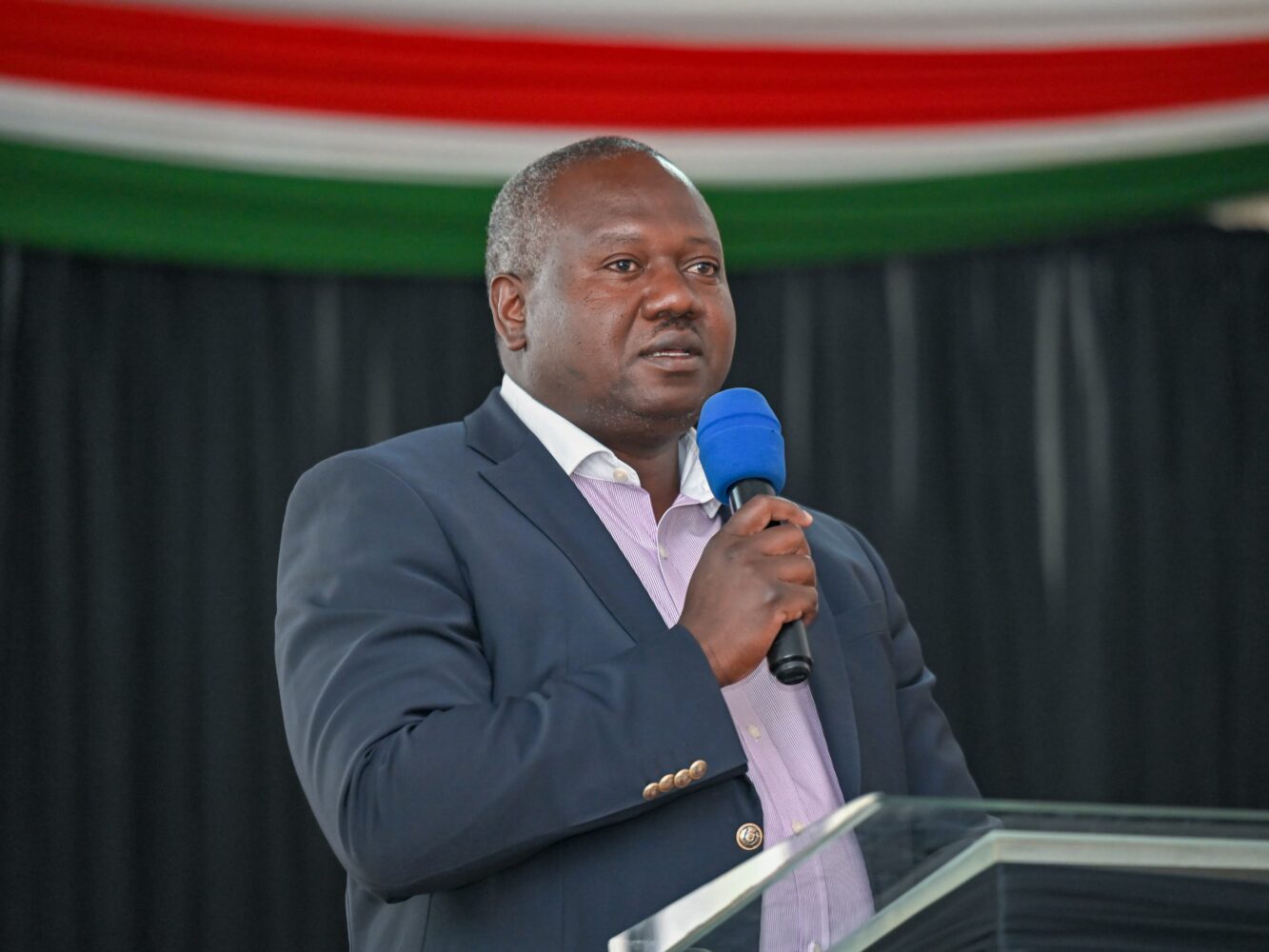President William Ruto on Wednesday July 30, 2025 signed into law the Social Protection Bill and the Conflict of Interest Bill.
The two bills were signed at a brief ceremony at State House, Nairobi and are meant to strengthen Kenya’s social welfare programs and intensify efforts for government accountability.
The newly enacted Social Protection Bill, 2025, replaces the older Social Assistance Act by expanding welfare support beyond just cash transfers for the elderly, people with disabilities and orphans.
Under the new law, all Kenyans are entitled to social welfare based on need as it also covers individuals facing extreme poverty, disasters, job loss, pandemics and other economic challenges.
The benefits for the eligible might include gifts in kind, foster care support, psychological counseling and medical services.
The act also gives the Cabinet Secretary for Labour the authority to set up a Social Protection Fund under the Public Finance Management Act.
A National Board for Social Protection will oversee a centralized digital registry and coordinate implementation of the law across all 47 counties.
They will also be responsible for registering beneficiaries and distributing the benefits.
The registration process will be digital, allowing Kenyans to apply online and eliminating the need for physical visits to Huduma Centres or government offices.
Counties are now mandated to co‑finance the fund which will be jointly supported by national and county governments and will bring together all financial resources for national assistance programs.
Meanwhile, the new Conflict of Interest Bill, 2025, replaces the Public Officer Ethics Act and introduces clear regulations for managing conflicts of interest in government.
It gives the Ethics and Anti-Corruption Commission (EACC) the responsibility of enforcing the law in line with Article 79 of the Constitution which empowers the EACC to uphold standards of leadership and integrity.
“Today, we are stepping up the fight against corruption, with the enactment of the Conflict of Interest law. This legislation empowers EACC to take the lead in matters of wealth declaration and enforces accountability across all arms of government,” Ruto announced.
The law further expands who must declare assets, now including the Chief Justice, Cabinet Secretaries and Members of County Assemblies, closing previous loopholes from earlier legislations.
It also bans public officers from giving special treatment, accepting job offers that may influence their decisions or engaging in contracts that conflict with their duties.
They’re also barred from holding interests in companies linked to their departments or taking side jobs that interfere with their roles.
Officers must also declare their income, assets and liabilities including those of their spouses and children every two years.
These declarations will be monitored under the EACC’s oversight.
The act also sets out a clear process for handling violations as anyone can file a complaint with either the relevant authority or the EACC, though both can’t investigate the same matter at once unless it’s resolved within 90 days.












